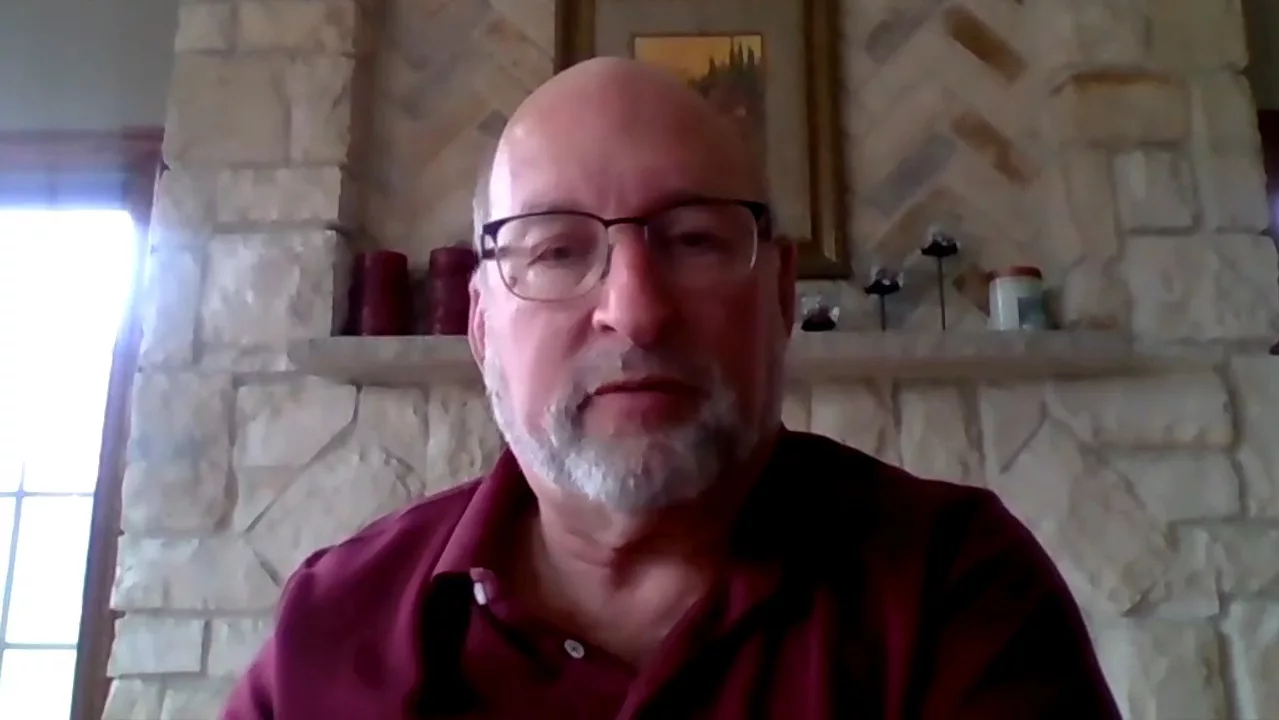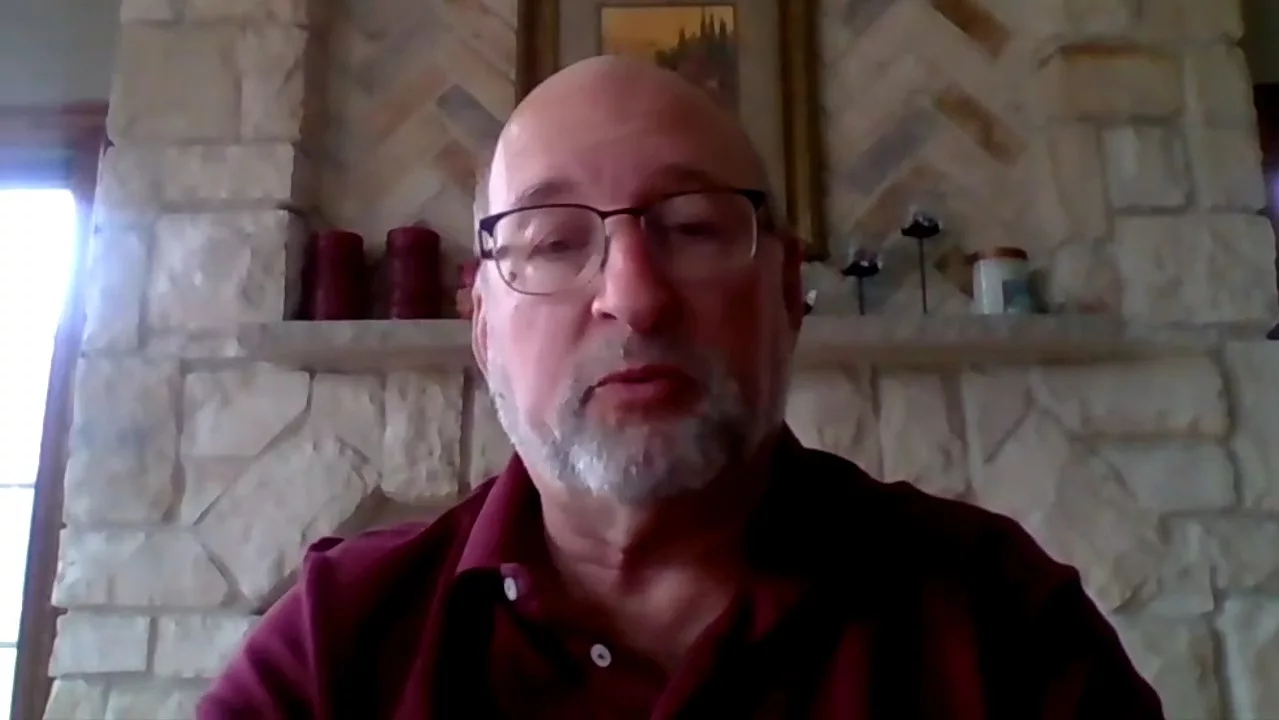From risky business to data-backed decisions
Risk doesn’t need to be a terrifying prospect — with data, you can look before you leap.
Arcadia’s Brian Croegaert entered the medical field as a nurse, but now, he’s sitting in board rooms, listening to providers and executives talk money. How are physicians being paid? How can a network improve its bottom line? When physician pay and revenue are tied to outcomes, it incentivizes efficiency, care, and integrity. Risk can be the driver to improve all three.
“Some people are squeamish about taking risk because they think, in some way, shape, or form, that in order to make money at risk, they have to somehow not give the highest quality of care to their patients,” Croegaert says. This barrier to entry couldn’t be further from the truth.
“In fact, as we can identify further down the road, the best way to manage risk is to give better care,” he says. Here, we break down some common misconceptions so you can enter the world of risk confidently, with data at your back.
Potential camouflaged as liability
Mention risk and an entire health network might balk, but capitulating to fear might mean losing opportunities.
One upside? Physicians can have higher earning potential in a risk-based model, since salary and bonuses can correlate with increased savings.
The government has standardized splitting healthcare costs so that 85% goes to care coverage and 15% returns to insurance, but increased risk means recouping some or all of that lost percentage.
“The example I always use is — what are some of the companies that make the most amount of money in this world? And the answer is insurance companies,” Croegeart explains.
In the past, risk meant flipping through archaic reports to get an understanding of your financial baseline, but Arcadia has modern tools for modern systems — a robust, frequently-updated database means informed decisions, made quickly and confidently.
Where risk and finances were once opaque, Arcadia makes them clear. Reticence to embrace this potential means leaving cash and opportunities on the table — one group that contracted with the Medicare Shared Savings Program earned nearly $20 million, but because they hadn’t assumed the risk, they had to hand half of the funds to the federal government.
First dollar, best dollar
Think of it like a bank: a dollar in the hands of the teller becomes less and less valuable the further it travels from the branch. This proves true in healthcare, too. Payers of risk contracts, like government entities or insurance companies, have a lot to gain by controlling this “first dollar” — healthcare providers get a cut, and whatever’s left over goes directly to that original source (like Medicaid, for example).
The original pot of revenue gets progressively smaller as each stakeholder takes their share. By taking on more risk, hospitals and physicians “will be able to absorb another portion of that money that used to go for administration to an insurance company,” Croegaert says.
“We’ll keep it right here at the front lines, where the providers are actually giving care, doing education, and keeping people healthy. That’s a better system for everybody, including the insurance companies.”
Doctors aren’t databases
No matter their familiarity with patients, doctors aren’t risk management repositories. That’s what databases are for. Providers are inclined to remember the squeakiest wheels — patients who have complained or come in often — but a large dataset contextualizes those individuals within the greater patient population. Croegaert’s experiences as a practitioner and a data expert taught him that providers are often thinking about the sickest, bed-bound cases.
“In a risk pool environment, what you have to do is get one step higher and say, ‘How do we identify people before they get sick, and keep them well?,” Croegaert explains. “Because that’s the process that will save you dollars. If you can find a diabetic patient early in their diabetic history and make sure they get the right amount of care, the right amount of insulin, the right amount of visits, so that their A1Cs are below eight — then a patient with diabetes can live longer years, with relatively moderate to two small numbers of outbreaks, which is both better for their line of care and also better for the risk.”
A few cases don’t necessarily represent the full spectrum of patients in need of care, or the highest proportion of risk. Instead of relying on doctors, whose schedules are already busy enough, Brian advises bringing in an outside expert. Insurance companies have been negotiating this exact crossroads — risk and reward — from day one, so an advisor with a history in that field can help an unfamiliar process feel less rocky.
Four foundational functions
Croegaert summarizes the path from fee-for-service to value-based care as follows: governance, data, planning, and implementation.
On the governance end, that means hiring the most passionate physicians who want to earn more and change care delivery. This also includes business analysts like the insurance expert mentioned above.
The data side is where our software comes in. With a trove of information, a network can stop wasting hours digging through records and immediately pinpoint where interventions might improve outcomes, in which specific patients and populations.
Planning entails negotiating care contracts to take on that first dollar, and implementation puts all of these steps into action.
How does Arcadia help smooth this rocky transition?
“It’s not so much a leap of faith — it has to be a belief that you get to that says, ‘I believe that we’ll take care of the people that are sick in the most reasonable way that we can,” Croegaert says. “And then above that, we will have a team of people that are constantly thinking about and looking for those people who are not yet sick, and keeping them at some level of healthiness over the course of their lifespan.’ And that requires data.”
It takes money to build a great healthcare system. Risk means recouping a larger share of that potential income, but it also means gaining more resources to help more patients.
Arcadia’s ARC score was designed specifically to highlight where doctors can intercede for best results, and our Customer Insights team is at the ready to support your foray into risk. Arcadians like Brian are invested in equipping your network with a sustainable, profitable model.


